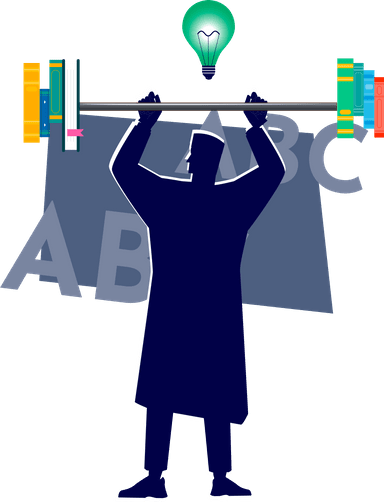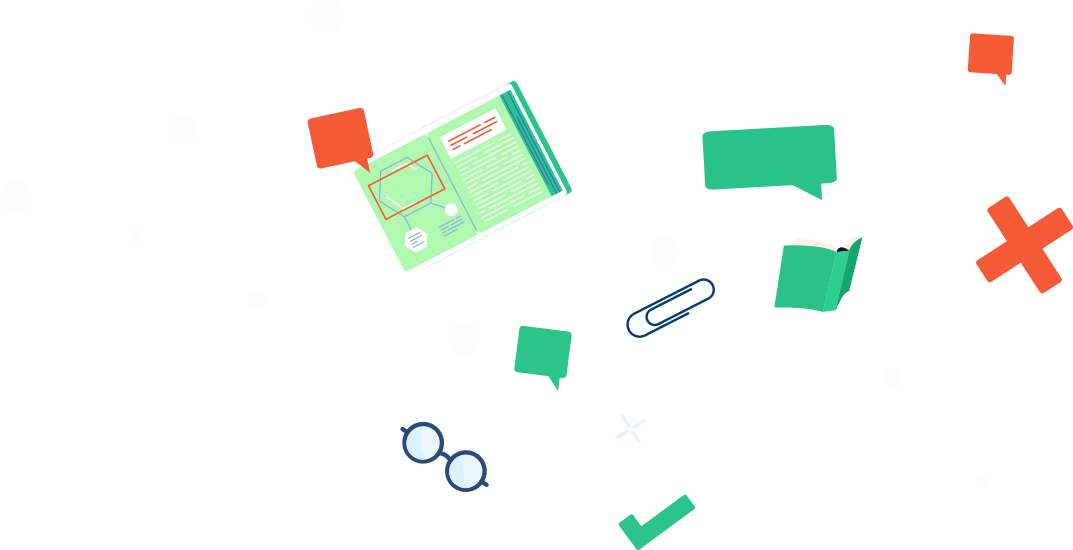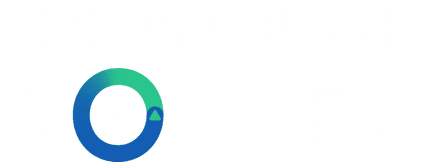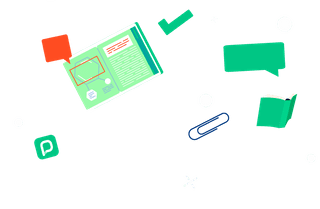Media literacy: separating fact from fiction

From videos starring celebrity “deepfakes” to manipulated photos to satirical websites, young people are constantly bombarded with images and messages that are not exactly what they seem. The key to separating fake news from genuine information is media literacy.
When you teach students media literacy, you’re helping them develop critical thinking skills that empower them to understand and make sense of what they’re reading and seeing. They’ll be better equipped to verify information, determine its validity and be aware of all angles to a story.
1. Sign up
Fill in the form below
2. Download resources
Access PressReader’s
Media Literacy Toolkit
3. Spread the word
Share with teachers and
parents
A constant stream of content
At PressReader, we believe knowledge is power. Now, more than ever, readers around the world are witnessing a dramatic increase in misinformation through digital communication. The constant stream of content we engage with plays a large role in shaping our perceptions, beliefs and attitudes.


Resources toget you started
A study from Stanford University found that 96% of high school students failed to question the credibility of an online source, while two-thirds could not distinguish between news articles and ads. To help you do your part to improve those numbers, we have put together a starter Media Literacy Toolkit, complete with activities for in the classroom or school library, or at home.
Leaders of tomorrow
By educating young people on the importance of media literacy, you’re teaching them how to critically evaluate information before believing — and sharing — what they consume. Teaching media literacy sets them on the right path towards becoming aware and engaged global citizens.





